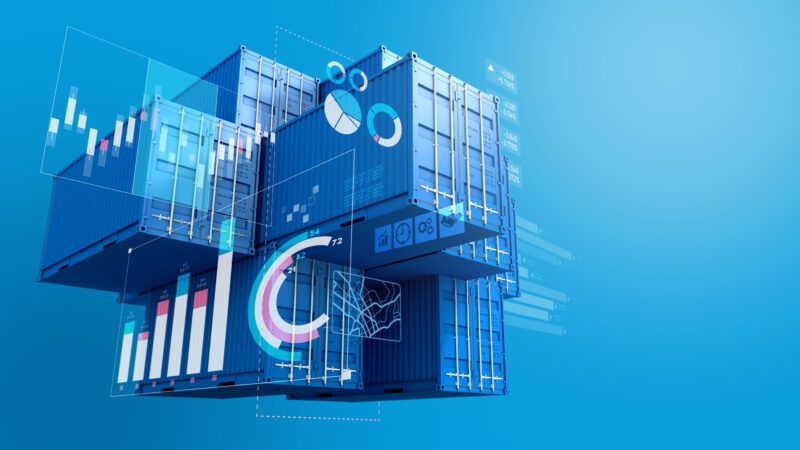 The digitization of part of the port activity starts with the Port Community Systems. [Image: Panumas Nikhomkhai / Shutterstock.com]
The digitization of part of the port activity starts with the Port Community Systems. [Image: Panumas Nikhomkhai / Shutterstock.com]
The Second Revolution Of Port Community Systems
Technological innovation plays a key role in developing solutions to boost productivity in the most cutting-edge ports in the world. Port Community System (PCS) are a good example. In recent years, they have optimised file management for goods transport and port logistics processes, cutting costs and reducing the number of errors. Now, technology like Blockchain, machine learning and the Internet of Things (IoT) will take PCS a giant step further... but in what direction? We'll break down some of the possibilities below.
Posted on
08.27.2018
 The digitization of part of the port activity starts with the Port Community Systems. [Image: Panumas Nikhomkhai / Shutterstock.com]
The digitization of part of the port activity starts with the Port Community Systems. [Image: Panumas Nikhomkhai / Shutterstock.com]





